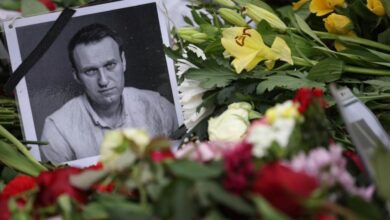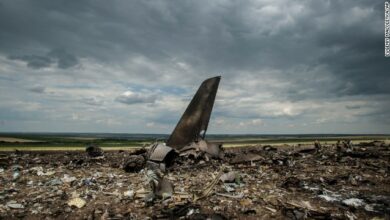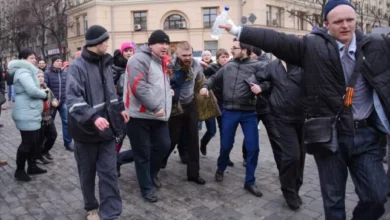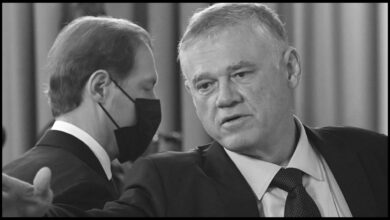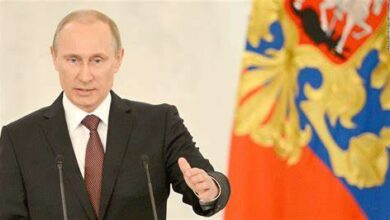REPO Task Force Analyzing Russia’s Elite Networks
The global response to Russia’s actions in Ukraine has evolved significantly in recent years. Beyond diplomatic measures, REPO Task Force sanctions have emerged as a powerful tool to curb Russian aggression and hold those responsible accountable.
In this in-depth analysis, we examine the high-level gathering that Principal Associate Deputy Attorney General Marshall Miller and Deputy Secretary of the Treasury Wally Adeyemo organized to strengthen sanctions enforcement and target the assets of Russian oligarchs. This meeting represents a critical milestone in the ongoing multinational effort to counter Russian elites and disrupt their networks profiting from Putin’s war economy.
High-Level Meeting to Enhance Sanctions Enforcement
The meeting presided over by Principal Associate Deputy Attorney General Marshall Miller and Deputy Secretary of the Treasury Wally Adeyemo, marked a crucial turning point in international efforts to strengthen sanctions enforcement. The primary objective was to strengthen ongoing initiatives aimed at enforcing sanctions and seizing the assets of Russian oligarchs.
This high-level gathering of deputy officials from the REPO Task Force (an international coalition focused on sanctions enforcement) symbolizes the commitment of nations to work collaboratively to address the evolving challenges posed by Russia’s actions in Ukraine. It emphasizes the need for a coordinated response that goes beyond individual countries’ efforts and takes into account the global nature of the threat.
Readout of Russian Elites, Proxies, and Oligarchs REPO Task Force
One of the standout features of this meeting was the participation of representatives from a diverse group of countries. Australia, Canada, the European Commission, France, Germany, Japan, Italy, the United Kingdom, and the United States came together to discuss and strategize. Their presence underscored the global consensus on the urgency of countering Russian elites and their associated networks, which continue to support and profit from Putin’s war economy.
At the heart of these discussions was the recognition that individuals benefiting from Russia’s wartime activities should not be allowed to enjoy lives of luxury while their actions contribute to suffering and instability. The task force members reaffirmed their unwavering commitment to identifying and disrupting proxy networks that utilize global financial centers for wealth storage and access. By working together, these nations aim to create a formidable barrier against the flow of illicit funds that prop up the Russian elite.
Combating Sanctions Evasion and Disrupting Russian Military Expansion
Beyond the enforcement of existing sanctions, the deputies at the meeting delved into ongoing strategies aimed at preventing sanctions evasion and obstructing Russia’s attempts to acquire crucial dual-use technologies that contribute to its war machinery. Sanctions alone are not enough; their effectiveness relies on closing loopholes and staying ahead of Russia’s evolving tactics.
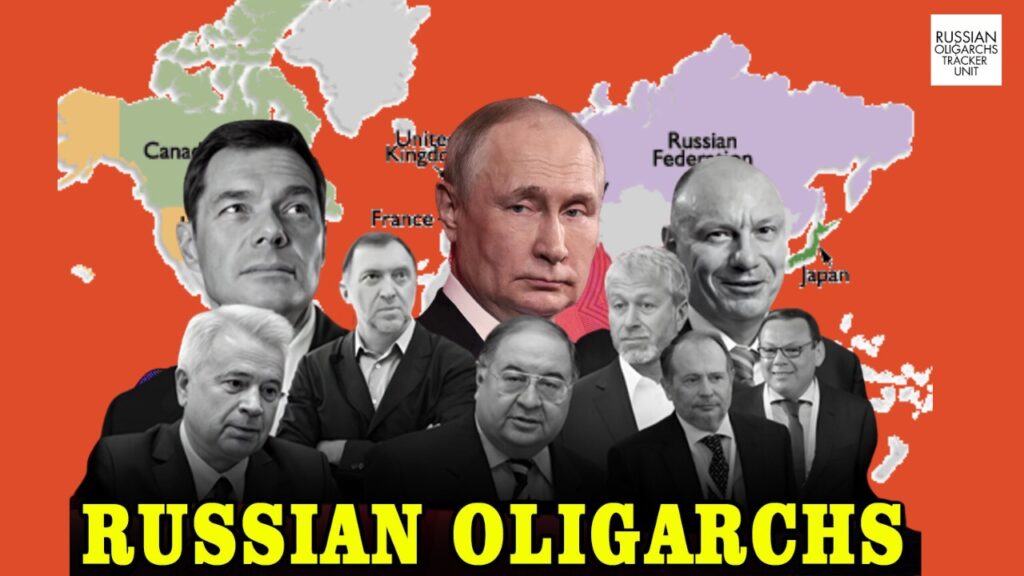
The discussion included intelligence-sharing mechanisms to track the movement of sanctioned individuals’ assets and the identification of companies and individuals complicit in aiding sanctions evasion. Moreover, the nations involved recognized the importance of strengthening export control measures to prevent the illicit transfer of military and dual-use technologies to Russia.
Progress in Asset Mapping and Immobilisation
A significant milestone highlighted in the meeting was the progress made in asset mapping and immobilization. Building on the commitment made by G7 leaders in May, the REPO Task Force successfully completed its initial efforts to map and account for Russian sovereign assets immobilized within REPO member jurisdictions.
This achievement represents a critical step in ensuring that Russia is held accountable for the damage inflicted on Ukraine. REPO members pledged to take further measures to comprehensively map these assets and ensure that, in accordance with their respective legal systems, Russia’s sovereign assets held in REPO member jurisdictions remain immobilized until restitution is made. The estimated total value of assets involved in this mapping exercise is approximately $280 billion, with the majority situated in the European Union.
Recognizing the complexity of this endeavor, task force members anticipate refining the asset mapping throughout the remainder of the year. This will be facilitated by newly established reporting requirements and improved information-sharing mechanisms. These measures are pivotal in making it increasingly difficult for Russian oligarchs to exploit global financial systems for personal gain while their country faces sanctions for its actions.
Conclusion
The high-level meeting convened by Principal Associate Deputy Attorney General Marshall Miller and Deputy Secretary of the Treasury Wally Adeyemo represents a significant step forward in the international effort to enforce sanctions and target the assets of Russian oligarchs. The collaboration of representatives from various countries underscores the global consensus on the necessity of countering Russian elites who continue to profit from Putin’s war economy.
Efforts to combat sanctions evasion and disrupt Russia’s military expansion are ongoing, reflecting the understanding that sanctions alone are not enough. A multi-pronged approach, including intelligence sharing and export control measures, is crucial to staying ahead of Russia’s evolving tactics.
Furthermore, the progress made in asset mapping and immobilization is a testament to the determination of the REPO Task Force and its member nations to hold Russia accountable for its actions in Ukraine. By immobilizing Russian sovereign assets, valued at approximately $280 billion, the international community sends a clear message that there will be consequences for those who benefit from Russia’s aggression.
In conclusion, the high-level meeting and the collaborative efforts it represents are essential steps in the ongoing fight to enforce sanctions, disrupt Russian oligarch networks, and ensure accountability for Russia’s actions in Ukraine. The world is watching, and the international community remains committed to a unified response to these challenges.




